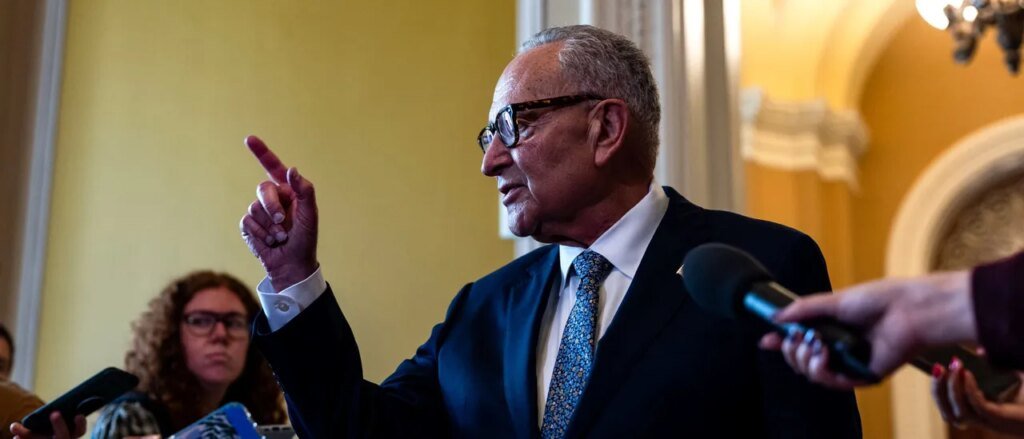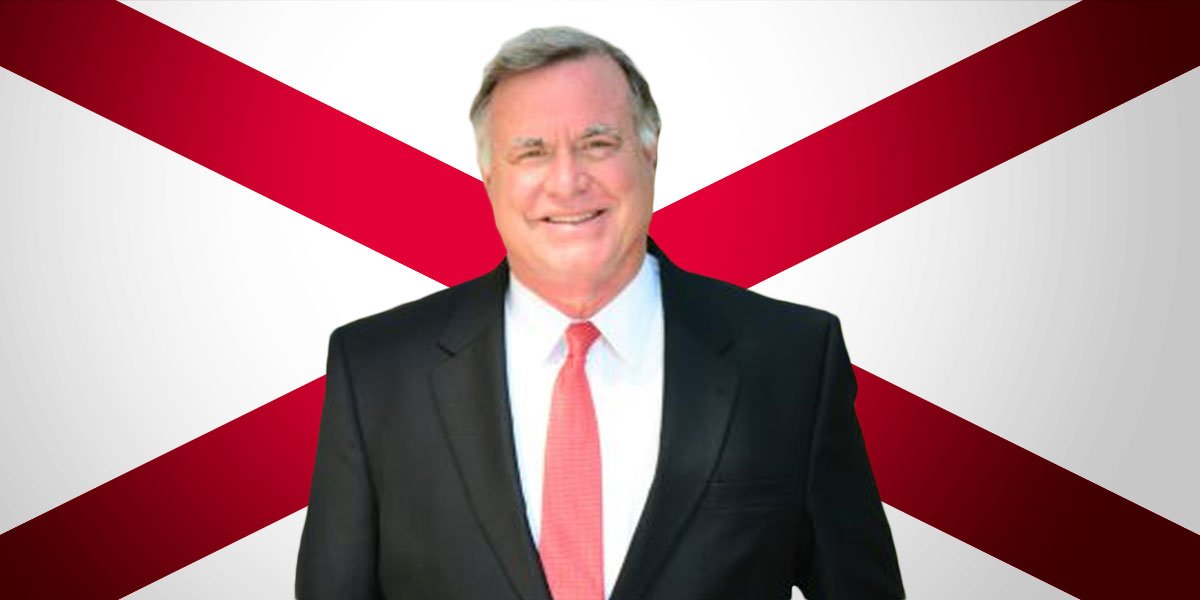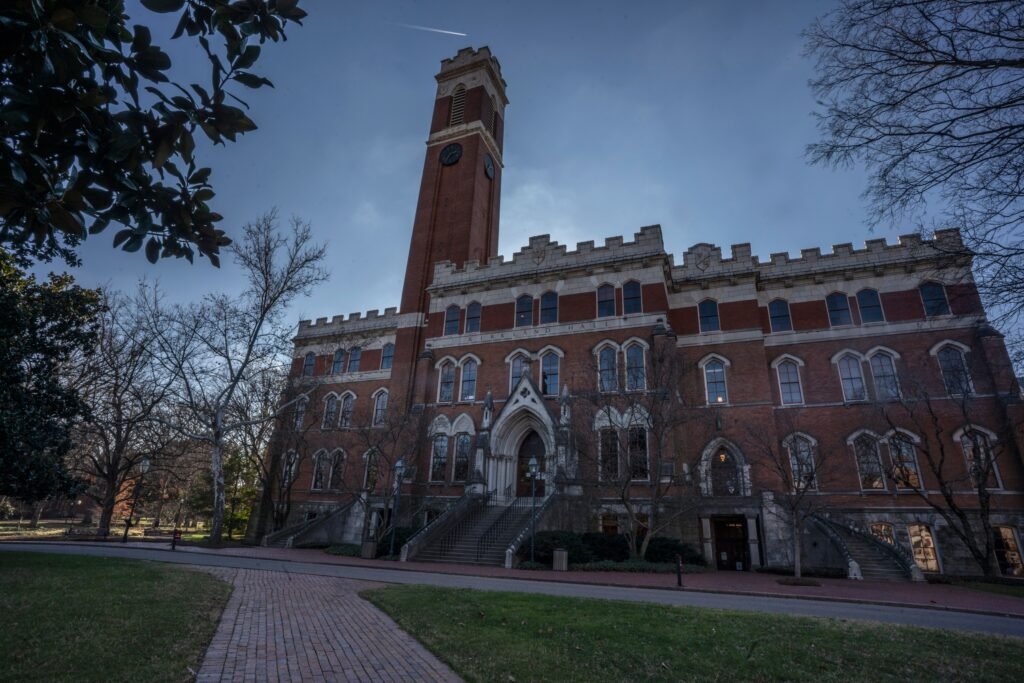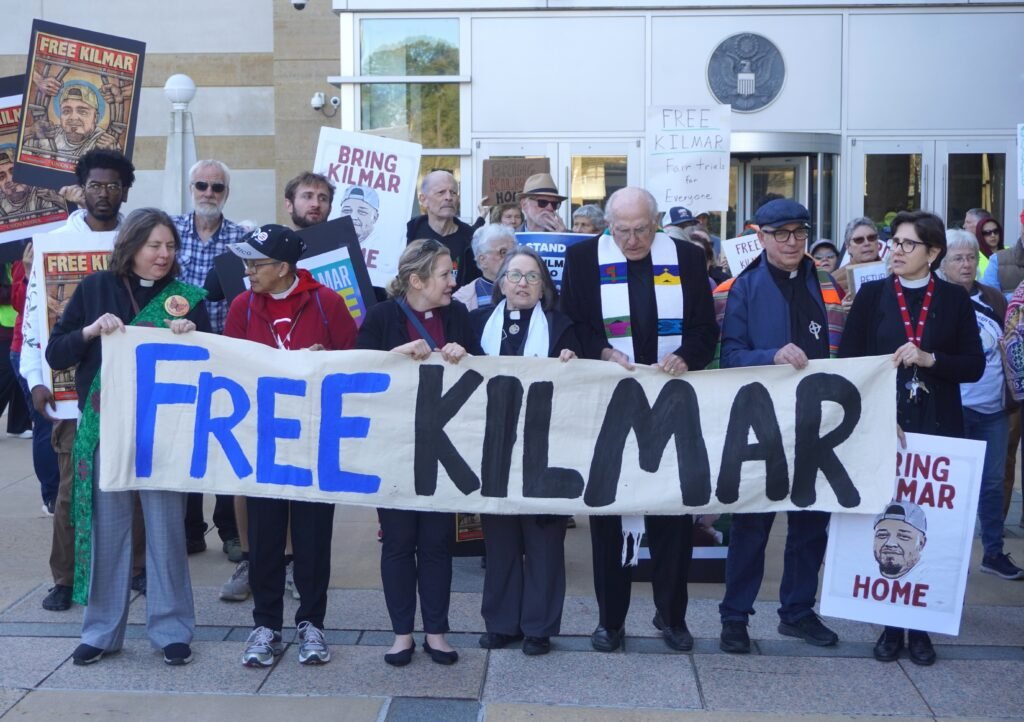Senate minority leader Chuck Schumer has, according to analysts and GOP lawmakers, intentionally pushed the country towards government shutdowns. This appears to be a strategy to gain favor on the left within his party and to gain political advantage over Republicans, especially with recent shifts in Democratic polls.
On Tuesday, Schumer led Democrats in blocking a GOP spending bill intended to keep the government funded, leading to a lapse in funding at 12:01 am on Wednesday. His choice to endorse shutdowns is reportedly unpopular among Democrat voters, raising questions about whether he might face significant leadership challenges in the future.
Republican Senator John Kennedy from Louisiana commented on this situation, saying, “I don’t think I’ve ever seen a shutdown that was so clearly political.” He suggested that Schumer feels pressured by the more progressive elements of his party, indicating that if he keeps the government running, he risks backlash from them: “I can shut it down… I might get criticized, but I might also find a path to victory.” It’s a bit uncertain, but I think that’s the calculation he’s making.
When asked about the potential for a prolonged government shutdown to appease critics from the left, GOP strategist Mike McKenna responded affirmatively, suggesting that Schumer is in a tight spot. He questioned the wisdom of engaging in a fight that seems unwinnable for Democrats, arguing that a standoff would only yield a draw.
“In the end, Senator Schumer will have to confront his own choices,” McKenna pointed out. Meanwhile, Senate Republicans shared similar views, arguing that it is not just Schumer’s decision but one driven by pressures from the left flank of the party, with Senator John Barrasso emphasizing that Schumer seems to be yielding to progressive voices like Ocasio-Cortez and others.
A recent survey from the Pew Research Center revealed that Schumer holds a very low approval rating among Congressional leaders, with only 35% of Americans identifying as Democrats viewing him positively. His declining numbers may lead to challenges from candidates like Alexandria Ocasio-Cortez, who is seen as a rising figure within the party.
The emergence of more Democratic candidates for Senate positions suggests a distancing from Schumer, likely influenced by his lack of popularity among core party voters.
Schumer has expressed confidence that Republicans will bear the blame for the shutdown, yet the prolonged situation could weaken his standing within his party. The Democrats seem uncertain about how to navigate the shutdown moving forward, especially with internal divisions becoming more pronounced.
Senate Majority Leader Chuck Schumer will have to persuade five more Democrats to cross party lines to fund the government. James P. Pinkerton, who worked in the Reagan and George H.W. Bush administrations, suggested that Schumer may have miscalculated the balance of power in this shutdown fight, noting that ideologically driven decisions can lead to unfavorable outcomes.
Furthermore, Schumer faced challenges addressing a New York Times investigation, which indicated that a majority of people surveyed do not support shutdowns unless all demands are met. Schumer seemed to dismiss the report, stating, “I don’t always trust the New York Times.” Over time, the political fallout from this shutdown situation could indeed put Schumer at a disadvantage, particularly as Republicans warn of the long-term impacts of sustained funding gaps.
Tom Basile, a contributor, warned that Schumer might be making serious mistakes by focusing solely on appeasing party bases rather than appealing to a broader voter demographic. The recent Quinnipiac University survey indicated that only 30% of voters had a favorable view of Democrats, marking the lowest approval rating for the party since polling began in 2008.
Basile observed that the Democratic Party’s issue isn’t necessarily with its core base, but with the broader electorate, noting how efforts to broaden appeal become difficult with divisive policies.







